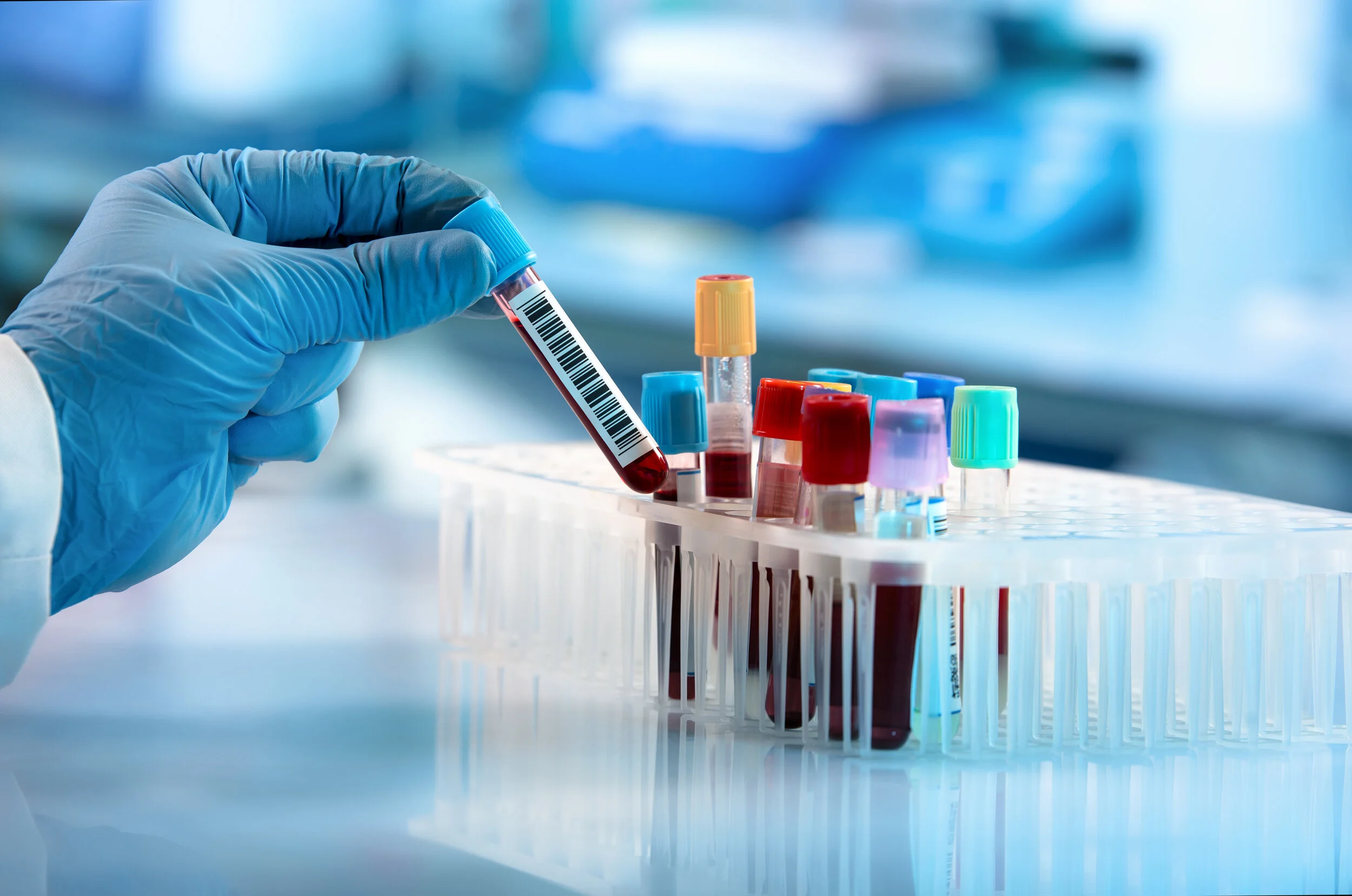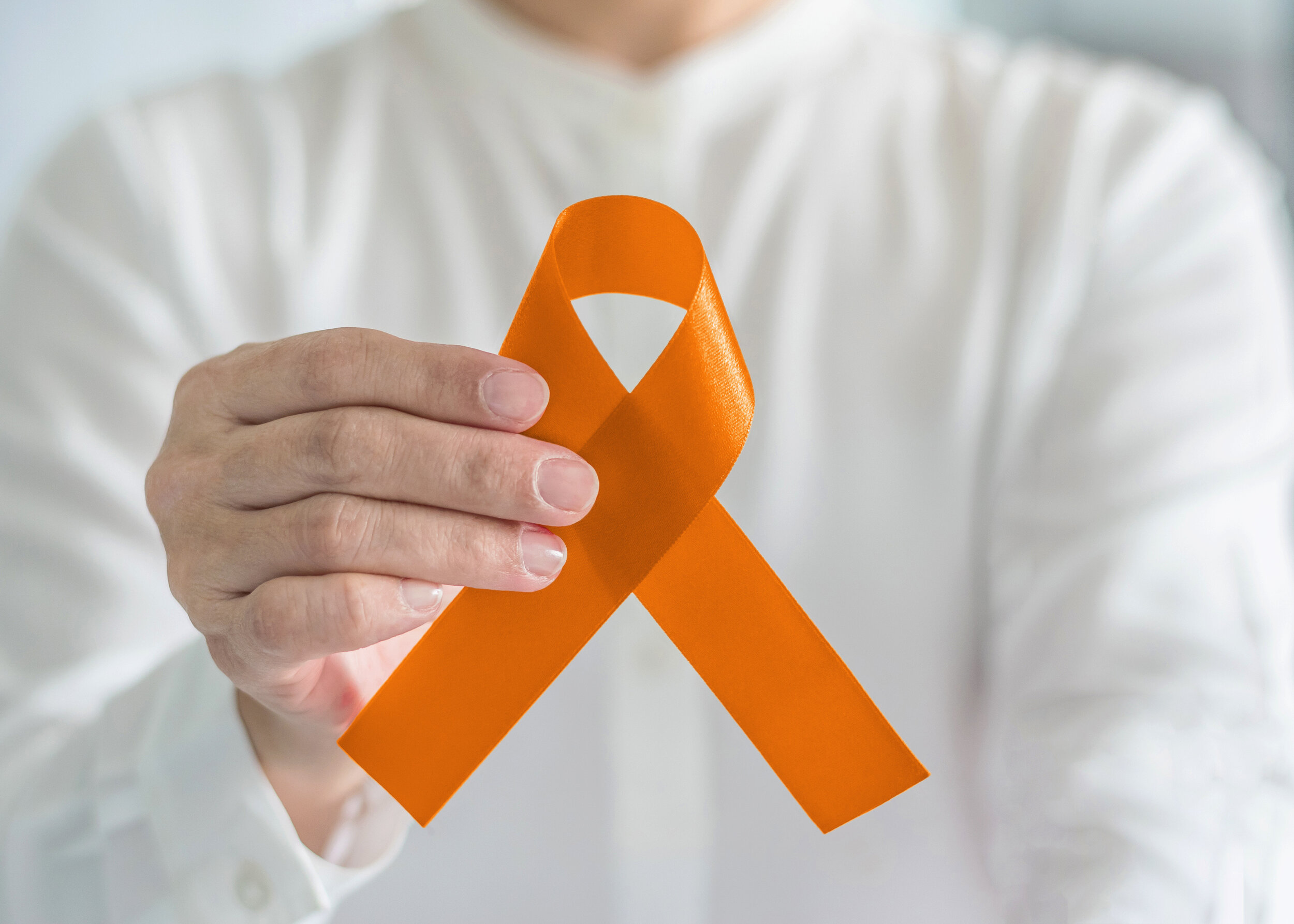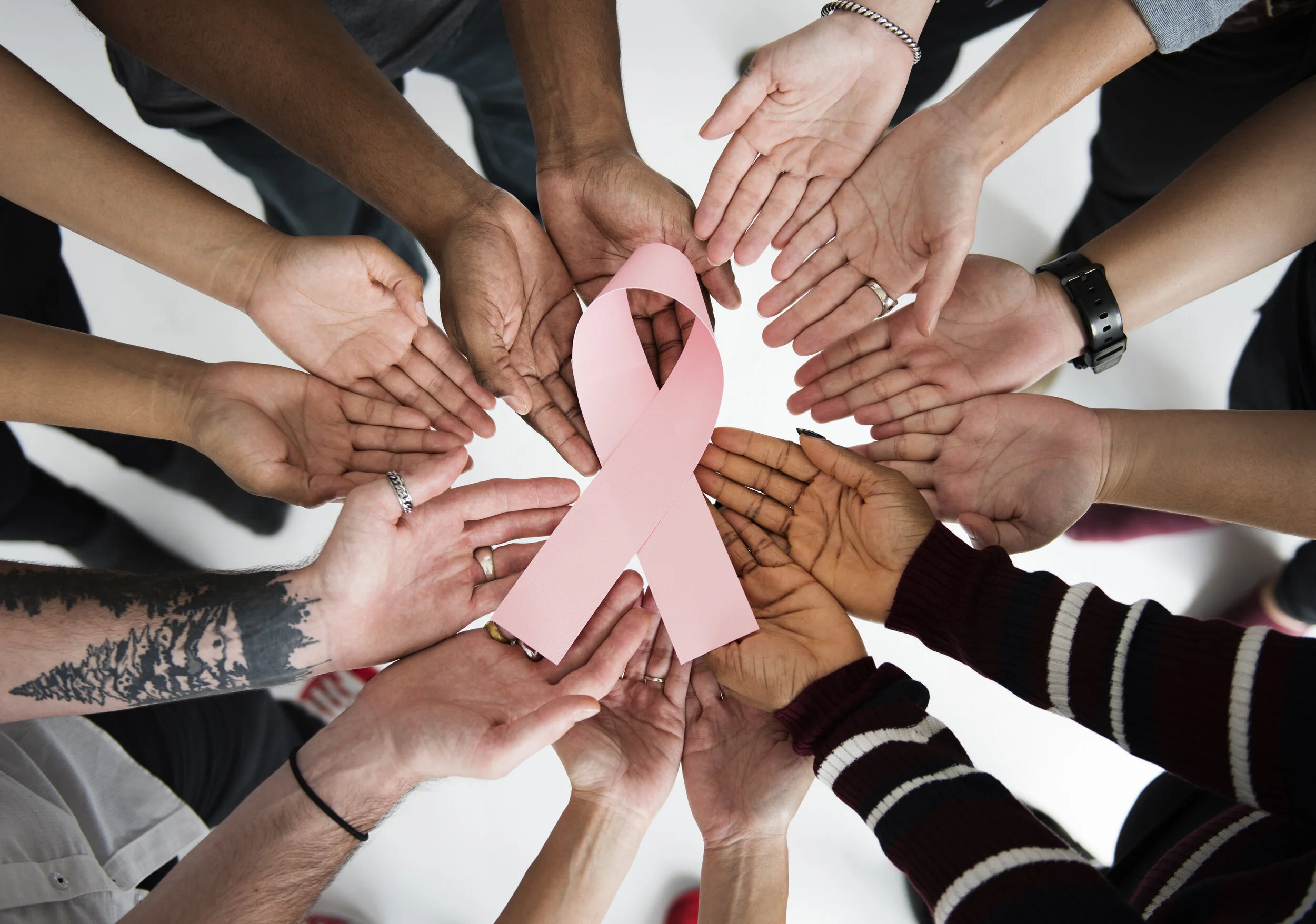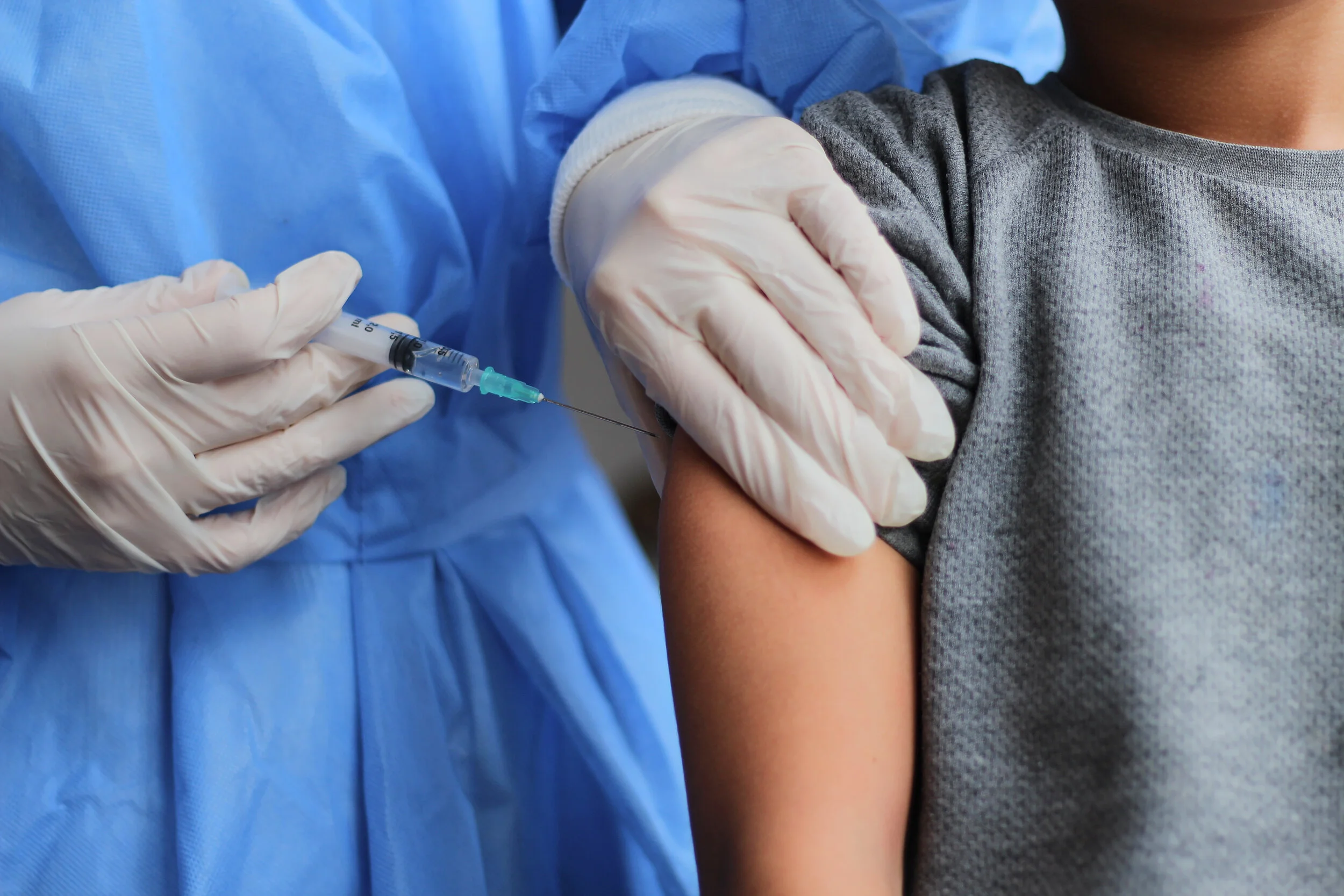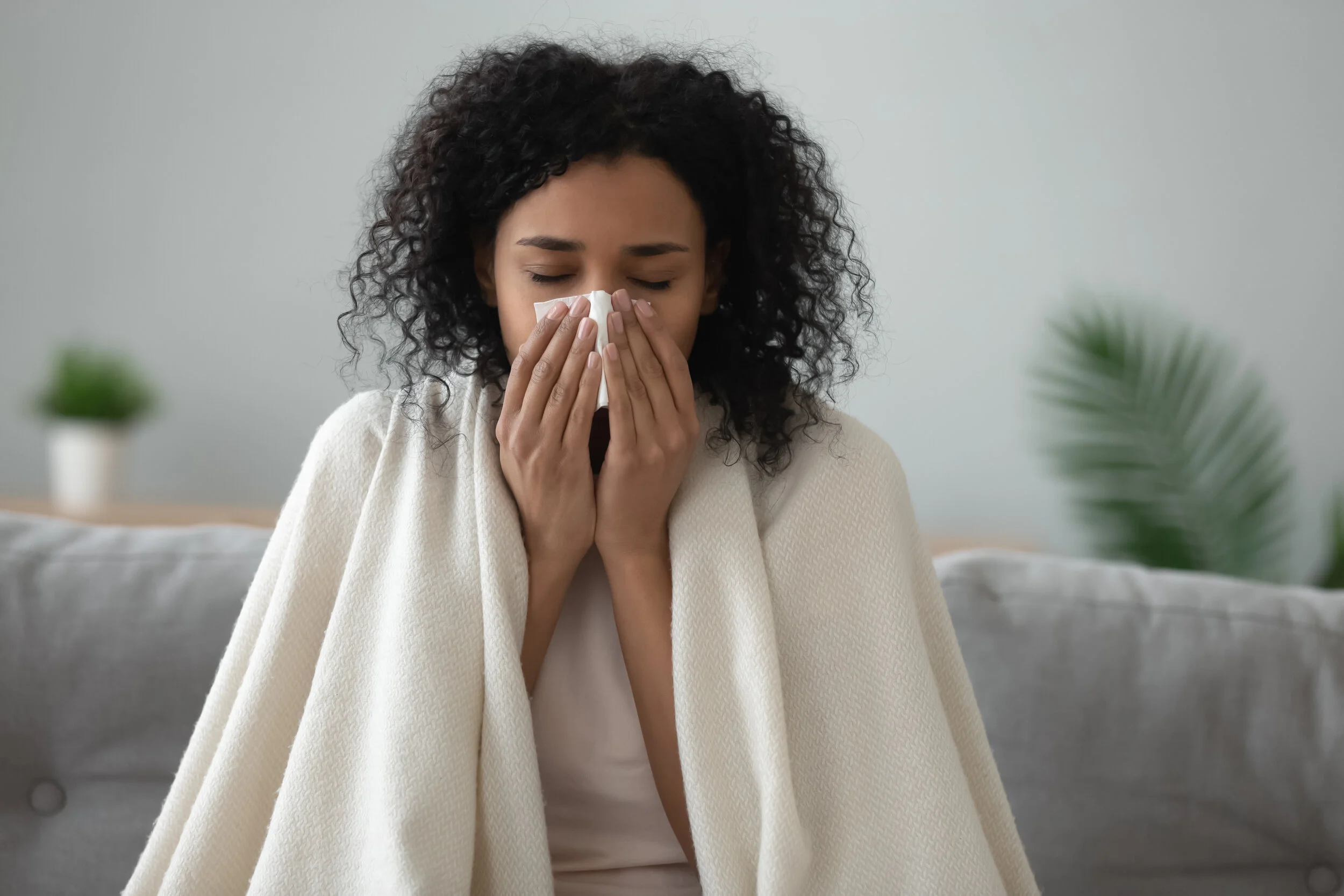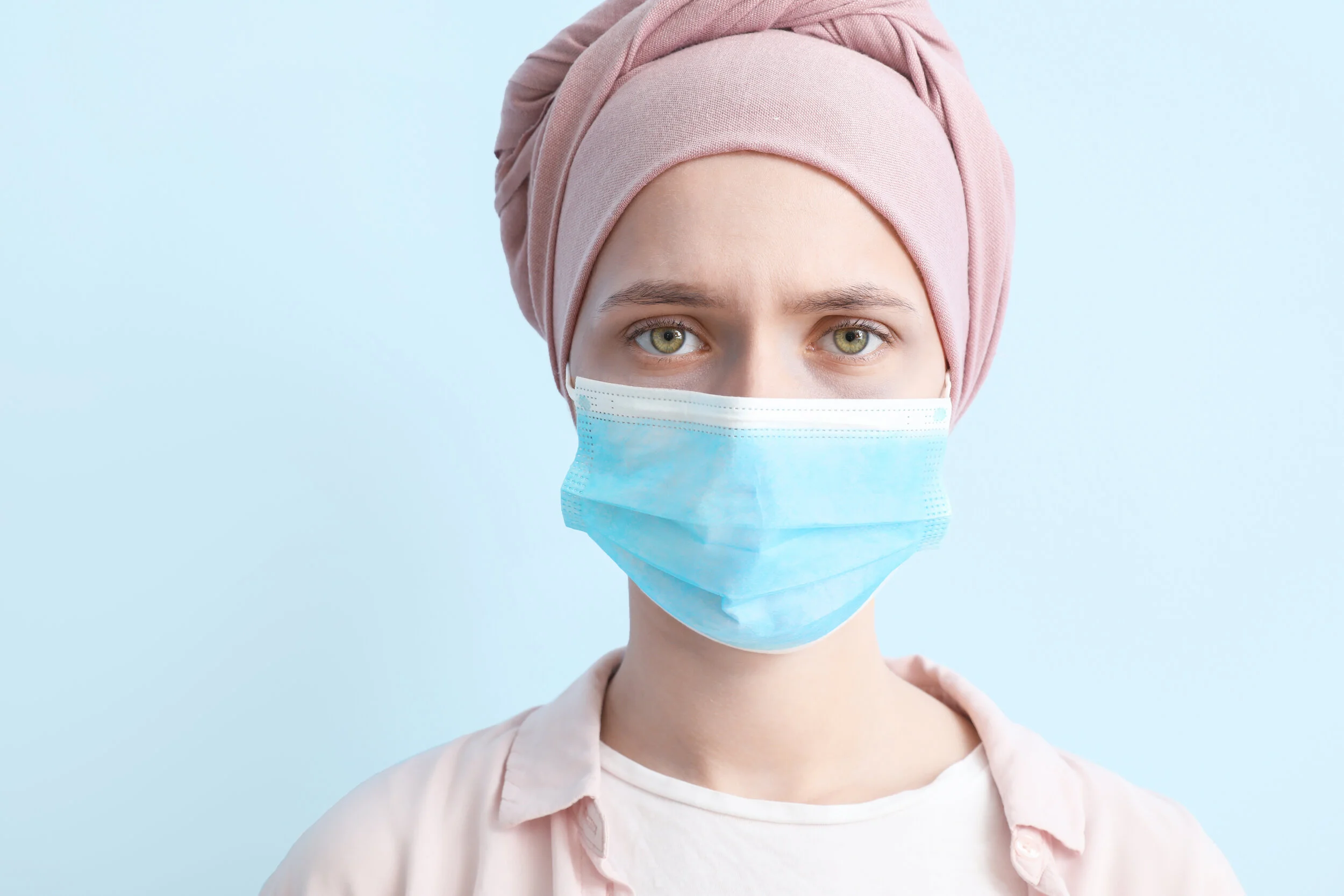Multiple Myeloma is a blood cancer of cells. It’s located in the bone marrow. The bone marrow is the porous tissue inside the bones that normally creates the different parts of the blood. March is multiple myeloma awareness month, and H&B joins the cause once again, to raise awareness on this disease.
Read MoreSome popular beliefs about how cancer starts and spreads can seem to make sense at first. But incorrect ideas about cancer can lead to unnecessary worry and even stop good prevention and treatment choices.
Read MoreMarch is National Kidney Cancer Awareness Month. Kidney Cancer Awareness Month is meant to encourage us all to check up on our kidney health, which includes getting a kidney screening and having a conversation with our doctor about the risks involved.
Read MoreGetting the big C diagnosis can sometimes serve as an excuse to stop exercising. This is a mistake. Patients are encouraged to continue or start working out, and spend as much time possible outdoor since this can promote better and faster recovery and heighten the survival rates.
Read MoreThere are some well-known risk-increasing factors. Yet, most of us ignore this knowledge until it’s already too late. In this blog, H&B is attempting to raise awareness of the fact that most cancer types are preventable. Let’s learn what we can do to fight cancer before it even forms.
Read MoreEven though the sun’s presence normally makes us feel good, everyone knows that prolonged exposure to the sun’s rays can have negative effects on our health. Actually, the sun radiates harmful ultraviolet rays. Learning how to protect from it is important.
Read MoreMalnutrition in cancer patients can happen when patients are intaking less energy and nutrition than they need. When compared to the rest of the population, people with cancer can be at a higher risk of malnutrition.
Read MoreWhether you’re a patient or caregiver, self-care is necessary to obtain some much-needed relief from what can be an overwhelming disease. Self-care is one way to regain much-needed control over our life.
Read MoreEvery year, over half a million women get cervical cancer and more than 300,000 die from this disease. It’s tragic, and even more so when we know it’s a preventable disease. More than 85% of new cervical cancer cases happen in developing countries.
Read MoreCancer is a horrible disease, and it’s only understandable that the “big C” diagnosis would bring anybody down. But can we still be happy even with cancer? Living is not (only) surviving.
Read MoreThe flu can be really uncomfortable as it is, but it can be even more so for people whose immune systems have been impaired by cancer or cancer treatment. Cancer patients and survivors can be at higher risk for complications from the flu. This is why it’s necessary for their caregivers and family members to take steps to prevent flu from spreading in the first place.
Read MoreA lot of cosmetics we can find on shelves of stores have hormone disruptors in their ingredients. Hormone disruptors are known to affect how estrogen and other hormones act in the body, by barring them or imitating them, which throws the body off its natural hormonal balance.
Read MoreCarcinoid syndrome is a rare type of cancer. People often ask: why the zebra for carcinoid and neuroendocrine cancer awareness? In medical school, students are told, “When you hear hoofbeats, you assume it’s horses, not zebras.” This is analogous to what happens in medicine.
Read MoreThe first couple of months of the COVID-19 pandemic have caused a situation that even as much as 44% of breast cancer survivors had to delay some treatment or care. Surgery was generally performed only for patients in immediate high-risk situations. Others were postponed or even canceled.
Read MoreIt’s November, the Pancreatic Cancer Awareness Month. This is the time to wear the purple ribbon and help raise awareness of pancreatic cancer in your community. H&B gladly joins this cause.
Read MoreThere are many cancer-related misconceptions out there, especially online. We at H&B know this can be dangerous and harmful for cancer patients. This is why we compiled a short list of the most common myths surrounding cancer.
Read MoreThe global rate of cancer incidence is anticipated to grow considerably over the following decades. This is considered to be a consequence of economic and demographic transitions happening worldwide, but also of our lifestyle choices. Smoking, alcohol misuse, obesity, unhealthy diet, and physical inactivity, and also reproductive and hormonal factors are considered as causes of cancer and main objectives for primary prevention.
Read MoreVarious cancer therapies have side effects that affect a patient’s mouth, teeth, and salivary glands. Chemotherapy drugs kill cancer cells, but they may also harm normal cells, including cells in the mouth. To reduce, prevent, and treat some of these side-effects, Dr. Singhal recommends Mouthwash Cranberry, an amazing mouthwash by our partner Cleure. For mouth sores, mucositis, or difficulty swallowing due to chemotherapy or radiation, use Healios by Enlivity.
Read More

